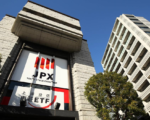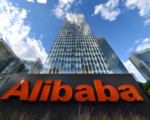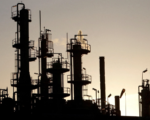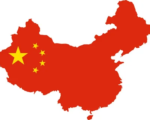Hong Kong Stocks Surge Over 5% for Sixth Consecutive Day Amid Stimulus Optimism
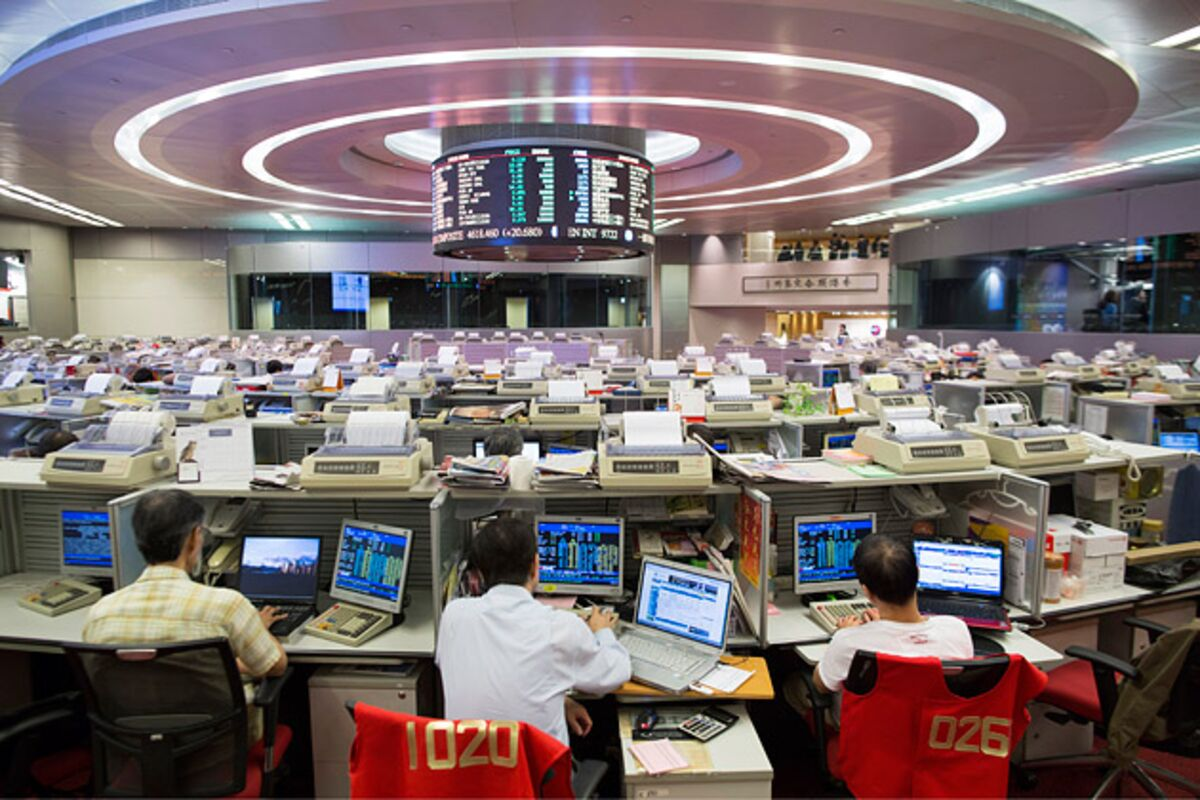
Hong Kong’s Hang Seng index surged more than 5% on Wednesday, reaching a 22-month high as optimism regarding Beijing’s latest stimulus measures continued to drive market momentum. This marks the sixth consecutive day of gains, largely fueled by significant advancements in the property sector.
Returning from a public holiday on Tuesday, traders witnessed property developers like China Vanke, Longfor Group, and Logan Group skyrocketing by over 40%, 32%, and 31%, respectively. This rally came after major cities in mainland China implemented easing measures aimed at boosting homebuyer confidence. Additionally, Chinese tech giants including Meituan, Baidu, and JD.com saw increases of over 10%.
With mainland Chinese markets closed for the Golden Week holiday, traders reflected on a strong Monday where Chinese stocks enjoyed their best performance in 16 years, following the announcement of various stimulus initiatives from Beijing. These measures included interest rate cuts, reduced reserve requirements for banks, and increased liquidity for investors.
However, James Sullivan of JPMorgan expressed caution regarding the sustainability of this market rally, pointing out that current stimulus measures seem to focus more on supply and investment rather than directly boosting consumer demand. “The million-dollar question in China right now is, does [the stimulus] only flow into the supply side of the equation, or does it ultimately flow through into consumer demand?” he remarked.
Mixed Performance Across Asia-Pacific Markets Despite Hong Kong’s rally, the broader Asia-Pacific markets exhibited mixed results on Wednesday. Australia’s S&P/ASX 200 dipped 0.13% to close at 8,198.2, while South Korea’s Kospi fell 1.22% to 2,561.69. Japan’s Nikkei 225 decreased by 2.18% to end at 37,808.76, with the Topix dropping 1.44% to 2,651.96.
The recent political developments in Japan, with Shigeru Ishiba taking over as Prime Minister, may influence the Bank of Japan’s monetary policies. Although Ishiba’s leadership might provide room for further interest rate hikes, newly appointed economy minister Ryosei Akazawa emphasized the need for cautious evaluation before making any adjustments.
South Korea Economic Data and Concerns In South Korea, traders were digesting consumer inflation data that indicated a rise of 1.6% in September, which was lower than economists’ expectations of 1.9%. Additionally, factory activity in South Korea contracted at its fastest pace in 15 months in September, highlighting concerns over slowing overseas demand.
Middle East Tensions Impacting Global Markets In U.S. markets, the Dow Jones Industrial Average fell by more than 173 points, while the S&P 500 and Nasdaq Composite declined by 0.93% and 1.53%, respectively, driven by rising tensions in the Middle East. Iran’s missile strikes on Israel and Israel’s ground operations in Lebanon have escalated conflict in the region.
Israeli Prime Minister Benjamin Netanyahu vowed retaliation, asserting that Iran would pay for its actions. Economist Stephen Roach warned that the ongoing conflict could lead to increased oil prices and inflation, prompting the U.S. Federal Reserve to reconsider its accommodative monetary policy amidst rising unemployment.
Investors are closely watching for the upcoming September jobs report, which will provide further insight into the U.S. labor market amid these turbulent conditions.






